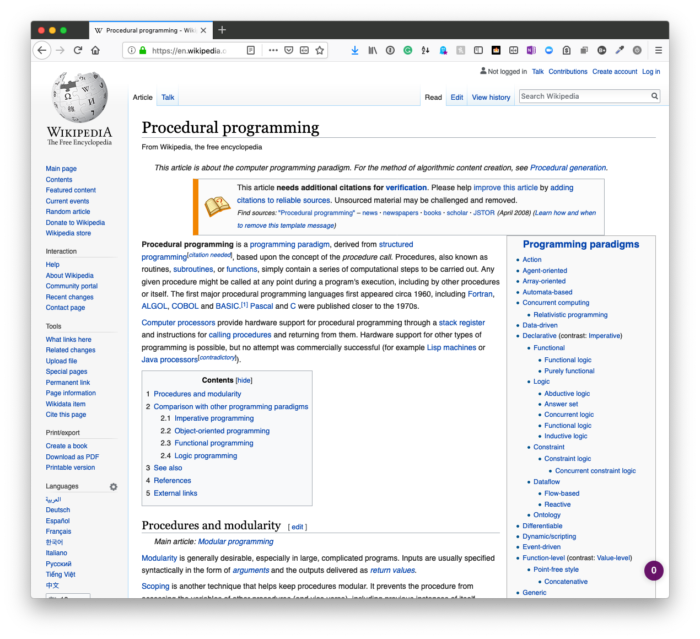This isn’t something that’s really WordPress-development related. It is, perhaps, tangentially so and it’s something that I’m likely going to be talking about on this blog and in a few of the upcoming podcasts so I thought I’d go ahead and bring it up now.
For many of us, we’re well aware of the privacy implications of the software and services many of us use on a day-to-day basis even if we’re not sure just how this information is shared.
Anyway, since this is something that does tie back to WordPress, data-ownership, and so on, it seems fitting to discuss at least periodically.
I think there’s a level we’ve been comfortable with certain aspects of privacy and how data is shared (some have a higher threshold than others for it, sure) but it’s beginning to reach an unsettling level for me.
But let me back up.

